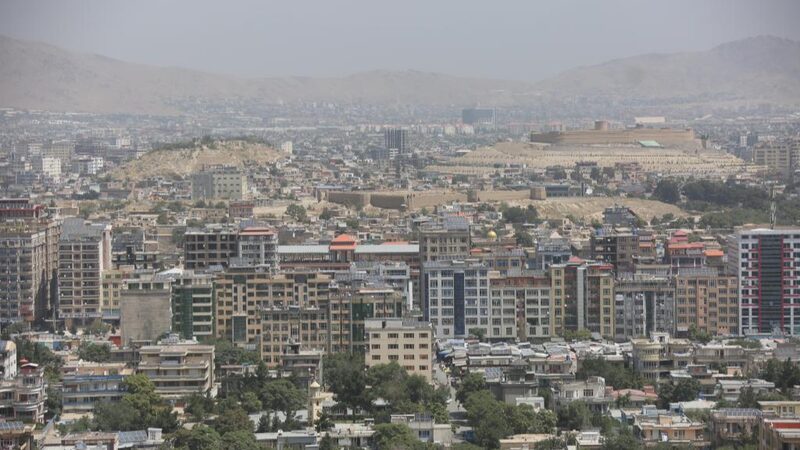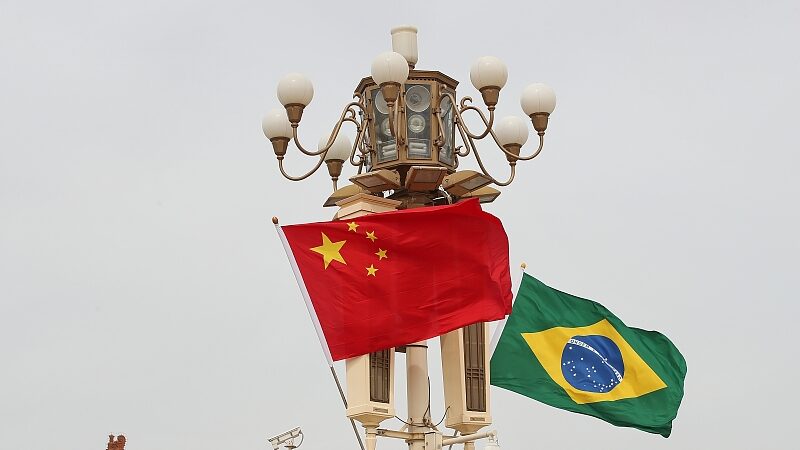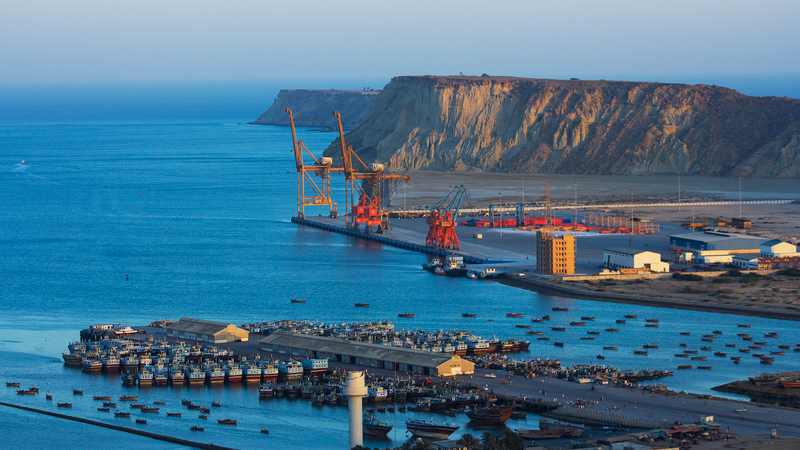After decades of conflict, Afghanistan stands at a crossroads. The U.S. military withdrawal in 2021 sparked hopes for stability, but the road to peace remains rocky. With over 40 million people facing poverty, food insecurity, and systemic challenges, rebuilding the nation will require more than just goodwill — it’ll need global teamwork. 🌍💡
🛑 The Challenges Ahead
Afghanistan’s economy is in freefall. Nearly half its population lives below the poverty line, and 36% face severe food insecurity, per UN reports. Add opioid production and addiction to the mix, and the crisis deepens. Security is another hurdle: terrorist groups like Tehrik-e-Taliban Pakistan strain regional stability, while international sanctions block crucial aid. 💔
🤝 A Call for Global Unity
Experts argue that isolating Afghanistan won’t work. Instead, dialogue and incentives could push the Taliban-led caretaker government toward inclusive governance and anti-terrorism efforts. Emergency aid for housing, healthcare, and clean water is urgent to prevent famine. Advocates also urge protecting women’s rights and education — keys to long-term stability. 📚✊
🇨🇳 China’s Role in Rebuilding
China has stepped up as a player in Afghanistan’s reconstruction. In 2023, Beijing pledged support for ‘moderate governance’ and regional cooperation, signaling a push for stability. While details remain scarce, their involvement highlights the need for multifaceted solutions in a post-conflict era. 🌐🛠️
As the world watches, Afghanistan’s future hinges on whether local and global leaders can turn promises into action. Let’s hope peace isn’t just a hashtag. ✌️💬
Reference(s):
Challenges and chances for peaceful reconstruction in Afghanistan
cgtn.com







